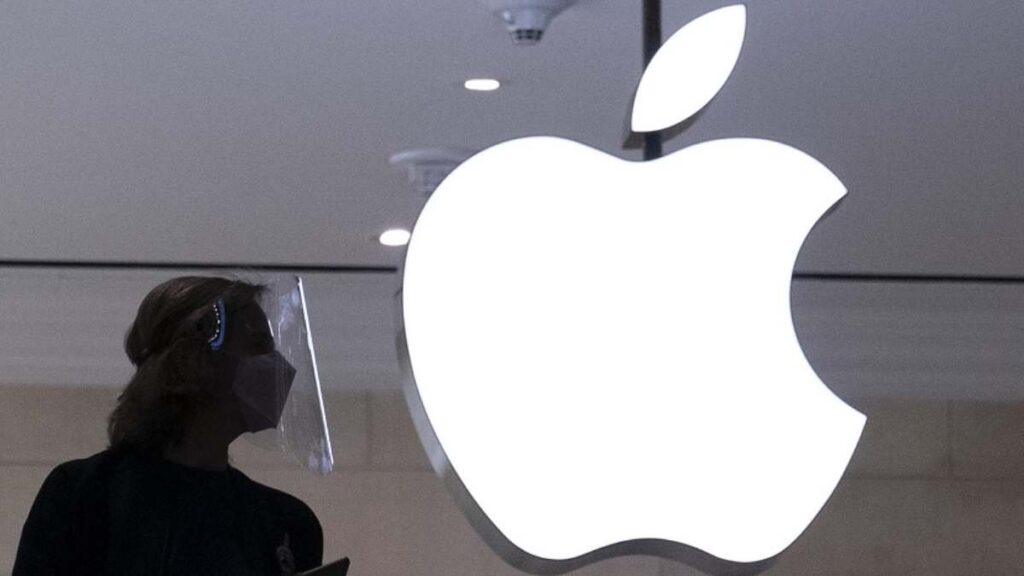Threat to Starlink? US Intelligence has Confirmed that Russia is Developing Anti-Satellite Technology
In a significant announcement that has caught the attention of global security experts and space enthusiasts alike, the United States has confirmed that Russia is in the process of developing an advanced anti-satellite (ASAT) system. This groundbreaking revelation not only raises alarms about the potential vulnerability of satellite networks that are crucial for global communications, including SpaceX’s ambitious Starlink project, but also signals a possible escalation in space-based warfare capabilities.
Starlink's Mission and Technology

Starlink, the satellite internet constellation being deployed by SpaceX to provide high-speed internet across the globe, could face unprecedented threats if such anti-satellite technologies are operationalized. The system aims to blanket the earth with broadband coverage, especially targeting regions where internet access has been unreliable or completely unavailable. However, the Russian initiative to develop an ASAT system could jeopardize the operational integrity and security of these satellites, posing a significant setback to global connectivity efforts.
The Potential Threat to Starlink
The development of such anti-satellite capabilities is not just a concern for companies like SpaceX but also represents a broader threat to the peaceful use of outer space. Satellites play a pivotal role in various critical applications beyond communications, including navigation, weather forecasting, and global surveillance. The ability to target and potentially disable these satellites could have far-reaching implications for global security, environmental monitoring, and even everyday conveniences that have become integral to modern life.
This development has prompted a swift response from the international community, with calls for increased diplomatic engagement and the establishment of norms and treaties to govern the militarization of space. The confirmation of Russia’s anti-satellite system underscores the urgent need for a collaborative approach to space security, ensuring that space remains a domain for peaceful exploration and use.
“Although I am limited in how much I can share about the specific nature of the threat, I can confirm that it is related to an anti-satellite capability that Russia is developing,” White House National Security Communications Advisor John Kirby said on Thursday.
As the situation unfolds, the focus will be on how nations and private entities can work together to mitigate these emerging threats to satellite infrastructure. The future of global satellite communications, including ambitious projects like Starlink, may well depend on the ability of the international community to address these challenges head-on, ensuring the safety and security of critical space assets in an increasingly contested outer space environment.

